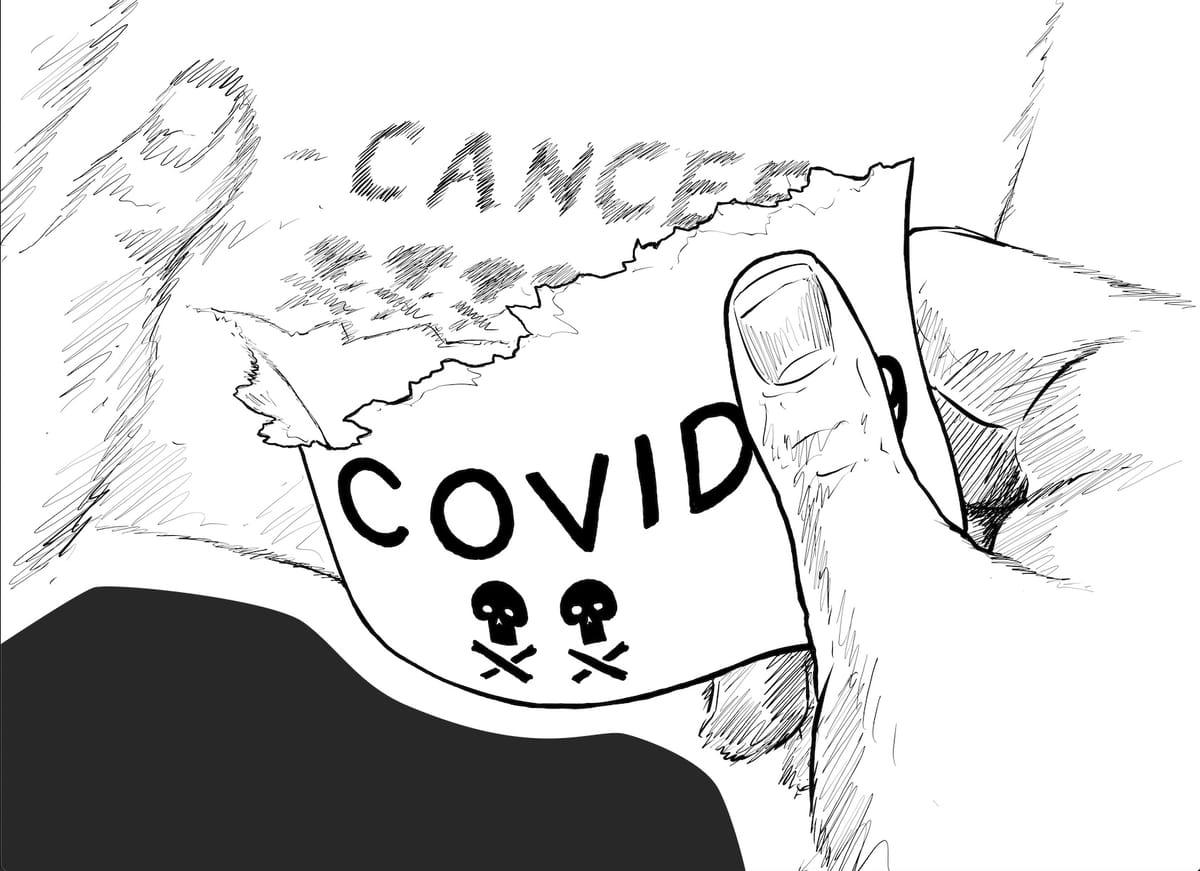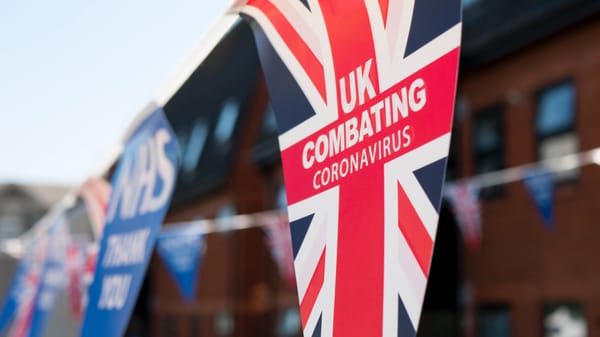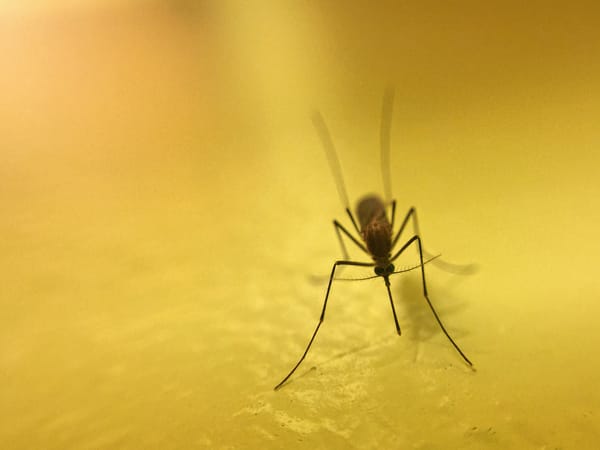The forgotten C - Cancer during COVID-19
602,350 people died of cancer in 2020 in the US, and cancer still took the lead over COVID-19 in death toll even in the worst affected countries

In 2020, in the United States COVID -19 killed 350,831 people according to the CDC. This figure represents the highest number of COVID-19 deaths experienced by any country across the globe. 602,350 people died of cancer in the same year in the US, and cancer still took the lead over COVID-19 in death toll even in the worst affected countries. It begs the question: in what way has this pandemic impacted the world’s cancer patients?
In a recent interview, Dr Jhon Schoonbee, Global Chief Medical Officer at Swiss RE stated, “The key pillars of cancer treatment are treating the physical pathology of the disease and… the support we give the patients, mentally and socially. During the pandemic all of these key pillars have been turned upside down.”
The social impact on cancer patients
Cancer patients are one of the many groups of people classified as vulnerable. As a result of this status, they have been forced to protect themselves for very long periods of time during the various stages of the pandemic. In the UK, the longest continuous period of shielding for vulnerable groups was four months, from March 2020 to July 2020. Since then, there have been other times where they have also been told to shield from COVID, such as in December 2020. Moreover, many individuals also chose to continue shielding even after the advice from governments changed, in order to protect themselves.
Millions of cancer patients were unable or too afraid to do basic everyday things and this in turn impacted their mental wellbeing. Once commonplace routines such as seeing family and friends, having partners attend treatment with them, or just going outside more than once a day were now out of the question.
This reality would have a devastating effect on the mental health of people who hadn’t been diagnosed with a deadly disease, never mind those already trying to cope with a cancer diagnosis.
It is clear that patients’ mental health has suffered as a result of the pandemic, but there is also a possibility that it could affect the progression of their cancer. Various academic studies have found a significant link between mental health and cancer outcomes. For example, a study published by the NCBI on ‘the psychological impact on cancer progression’ found a link between depression and decreased five-year survival rates.
Treating the disease
During the pandemic, healthcare services were pushed to capacity. This meant that various non-COVID-19 related services and treatments had to be scaled back or delayed. Amongst the services that were affected were cancer treatments, particularly diagnosis and early-stage treatment .
The impact was described in a publication by Cancer Research UK, which stated that 3 million fewer cancer screenings took place between April 2020 and March 2021 and that the number of people starting cancer treatments after a diagnosis was down 42% across the same time period.
The same publication highlighted that waiting time targets were also consistently missed throughout the peak of the pandemic, with 88% of patients being seen within two weeks of an urgent suspected cancer referral – the target is 93%. 5-10 times more patients were also left waiting six or more weeks for results from key diagnostic tests.
The funding issue
It is no secret that many of the resources, monetary and medical , used to fund and conduct research into COVID-19, were redirected from other sources, including cancer research.
Cancer Research UK was forced to divert £45 million of funding in 2021 to ongoing COVID-19 research. This translated to approximately 12 fewer fellowships, 24 fewer research programmes, 68 fewer short term research projects and around 328 fewer researchers working for Cancer Research UK alone.
These cuts will have drastic effects on the progress of cancer treatment, slowing the pace of research. It may very possibly cause Cancer Research UK’s stated target of 3 in 4 people surviving their cancer by 2034 to be missed.
Furthermore, the effect of the pandemic may be seen for a prolonged period; Professor Karen Vousden, Cancer Research UK’s Chief Scientist fears that the lack of funding may deter research talent from entering the field: “It has a knock-on effect. People who do basic research, fundamental research, a lot of them can answer very important and exciting research questions that are not necessarily cancer research questions. So we lose these very clever researchers, who think, ‘You know, there’s no funding here. I’m going to start working on a different topic.’ Will they ever come back to us?”
Conclusions
While cancer deaths during the pandemic seem to be similar to pre-pandemic levels, this is likely due to the long-term nature of the disease, spanning years of treatment and fighting. The pandemic’s impact will therefore likely not be reflected in mortality figures until around the mid-2020s.
Nevertheless, it is evident that every aspect of cancer treatment and research has been severely impacted by the pandemic. It will likely take a long time for this effect to be fully felt and even longer for the world to recover.








